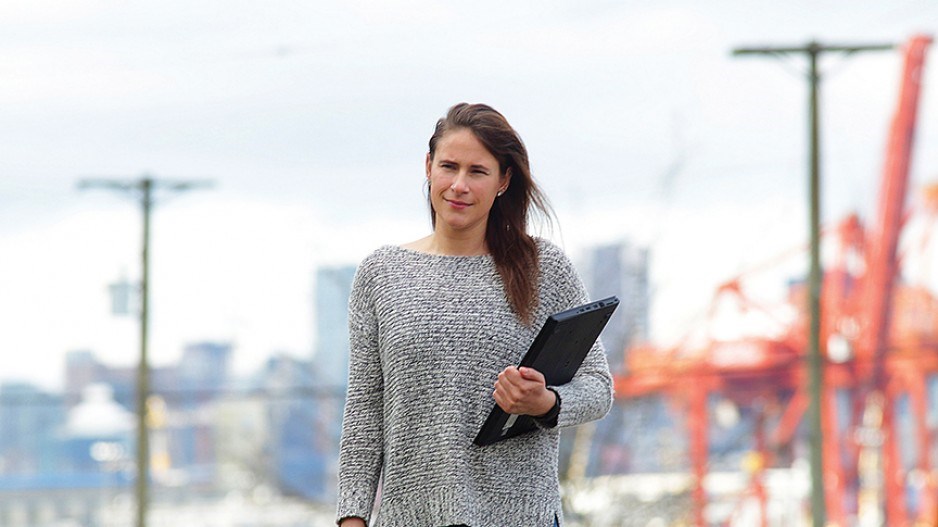With the world in the grip of COVID-19, Sonia Brodie takes at least some solace in the timing of the pandemic.
“It’s really good that this happened in 2020 when we have so many digital platforms to work with,” said the vice-president of services at Surrey Neuroplasticity Clinic.
The clinic specializes in treatments ranging from concussion symptom management to cognitive remediation.
It began deploying tele-rehabilitation options, such as video consultations, upon launching a year ago.
But Brodie said the clinic’s telehealth offerings have kicked into high gear now that the pandemic has patients staying at home.
“We had the infrastructure in place and all of our therapists were comfortable doing it,” she said
“I know a lot of clinics are facing the reality of just learning how to do it.”
Surrey Neuroplasticity also specializes in PoNS (Portable Neuromodulation Stimulator), a treatment using a medical device that stimulates brain activity through the surface of the tongue for patients with traumatic brain injuries or multiple sclerosis.
PoNS is available only in Canada, so the clinic has a fair share of international clients who are no long able to enter the country for initial instructions on how to operate the portable medical device.
Brodie said that’s putting additional incentive on patients to embrace telehealth even if they were reluctant to do so prior to the pandemic.
“Some just said, ‘I’ll just wait until I can come back in person.’ But about 50% did take it up as an offer and continued digitally and the vast majority of them have been really happy with the service that they get,” she said.
“Doing something that’s not comfortable by signing in to a telerehab platform if you’ve never done it before can be a really good thing to do to keep your brain healthy and keep your rehab going.”
The pandemic has also forced a rapid response from Peak Resilience Counselling Inc., a private counselling practice in downtown Vancouver.
Video counselling and phone sessions previously accounted for 2% to 5% of the business, according to founder and clinical director Jennifer Hollinshead.
While the clinic is using some creative methods to meet with patients while practising social distancing – one session took place on a patient’s porch, for instance – the company has shifted most of its business and is now deploying Zoom’s telehealth option for virtual consultations.
“People who struggle with mental health issues – anxiety, depression, trauma or anything like that – with all of this added stress, mental health symptoms that might have been present before can sometimes get worse,” Hollinshead said.
“So a lot of people are making their video and phone sessions work no matter what because they really need it.… I’m feeling extremely grateful that this is forcing us to get better online services.”
The shift to telehealth hasn’t been limited to humans.
GoFetch Technologies Inc. has launched free access to its veterinary telemedicine platform until June 1 in the wake of the pandemic.
“When this all began to unfold we started to see that our clinic partners were beginning to restrict access to the practice, and really reduce their staff, and move to other options to support their clients because they didn’t want to have people come visit physically in the building,” said Adam Little, GoFetch’s co-founder and chief medical officer.
That initially meant drop-offs and curbside visits but the telehealth option had changed that for the 30 veterinarian clinics using the platform.
Its chat function allows pet owners to speak to veterinarians and vet technicians about any concerns, while the platform also offers paid video consultations.
“For a lot of clinics now there really isn’t the option in the same way that there was before to just have the owner come in and sit in the waiting room,” Little said.
“So the constraints that COVID-19 is putting on our society more broadly, I think can spur innovation in interesting areas.” •




